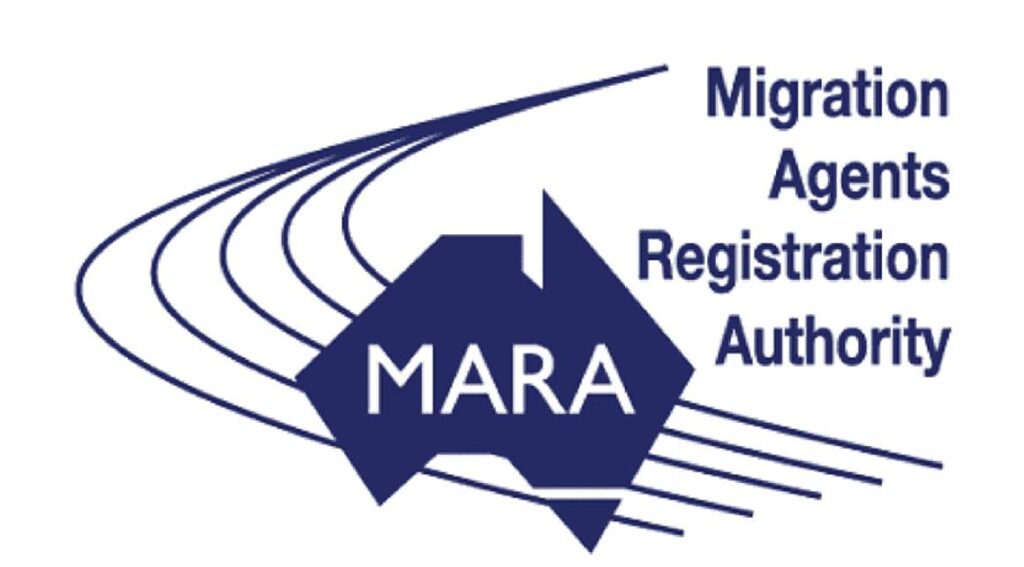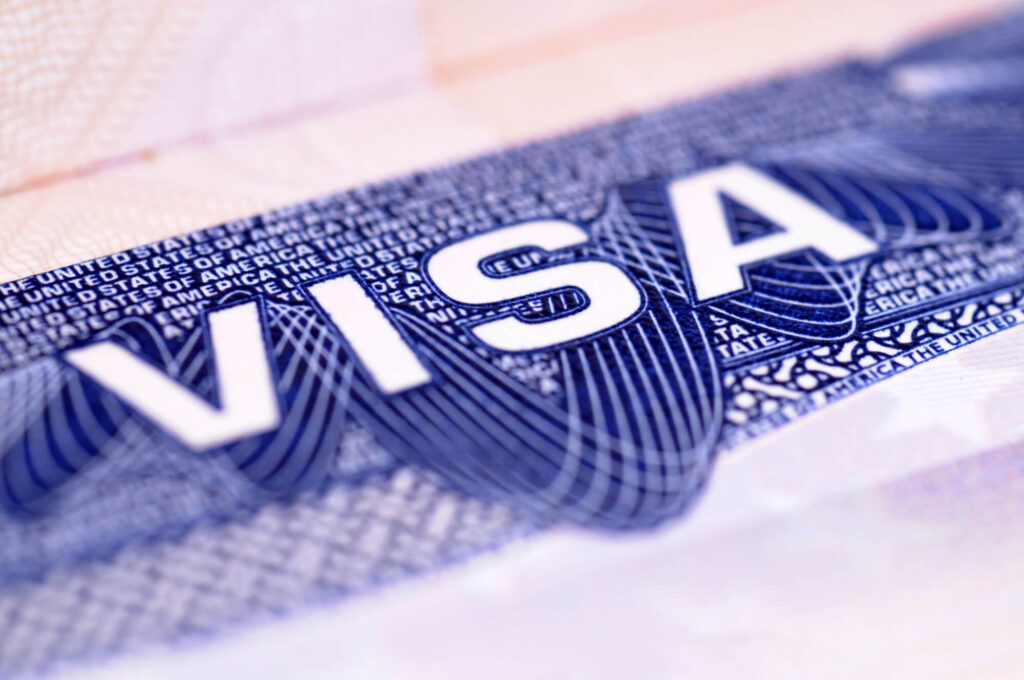Migration Agents Registration Authority – Australia
What is the Office of the Migration Agents Registration Authority (OMARA)? The Office of the Migration Agents Registration Authority (OMARA) is a regulatory body within the Department of Home Affairs in Australia. It is responsible for overseeing migration agents and ensuring they operate legally, ethically, and professionally. ???? What Does OMARA Do? OMARA’s primary role is to protect consumers by: ✔️ Registering migration agents who meet qualification, knowledge, and character requirements. ✔️ Monitoring compliance with the Code of Conduct for migration agents. ✔️ Investigating complaints and taking disciplinary action when required. ✔️ Ensuring agents complete continuing professional development (CPD) to maintain their skills. ????️ Why Is OMARA Important? OMARA helps individuals seeking immigration assistance by: Maintaining a Register of Migration Agents to verify credentials. Providing guidance on rights and responsibilities when using migration agents. Taking disciplinary action against agents who breach professional standards. ⚖️ Powers and Responsibilities Under the Migration Act 1958, OMARA has the authority to: Suspend or cancel registrations of agents who fail to meet standards. Enforce professional development to ensure agents provide accurate advice. Monitor and audit agents to uphold integrity and quality in migration services. ???? Why Work with a Registered Migration Agent? Registered migration agents, like Surinder Singh (MARN:2418430) at Globify Migration, are authorised and regulated by OMARA, ensuring trustworthy and professional immigration advice. ???? Contact Globify Migration Today to discuss your case. ???? +61466661503
Migration Agents Registration Authority – Australia Read More »







